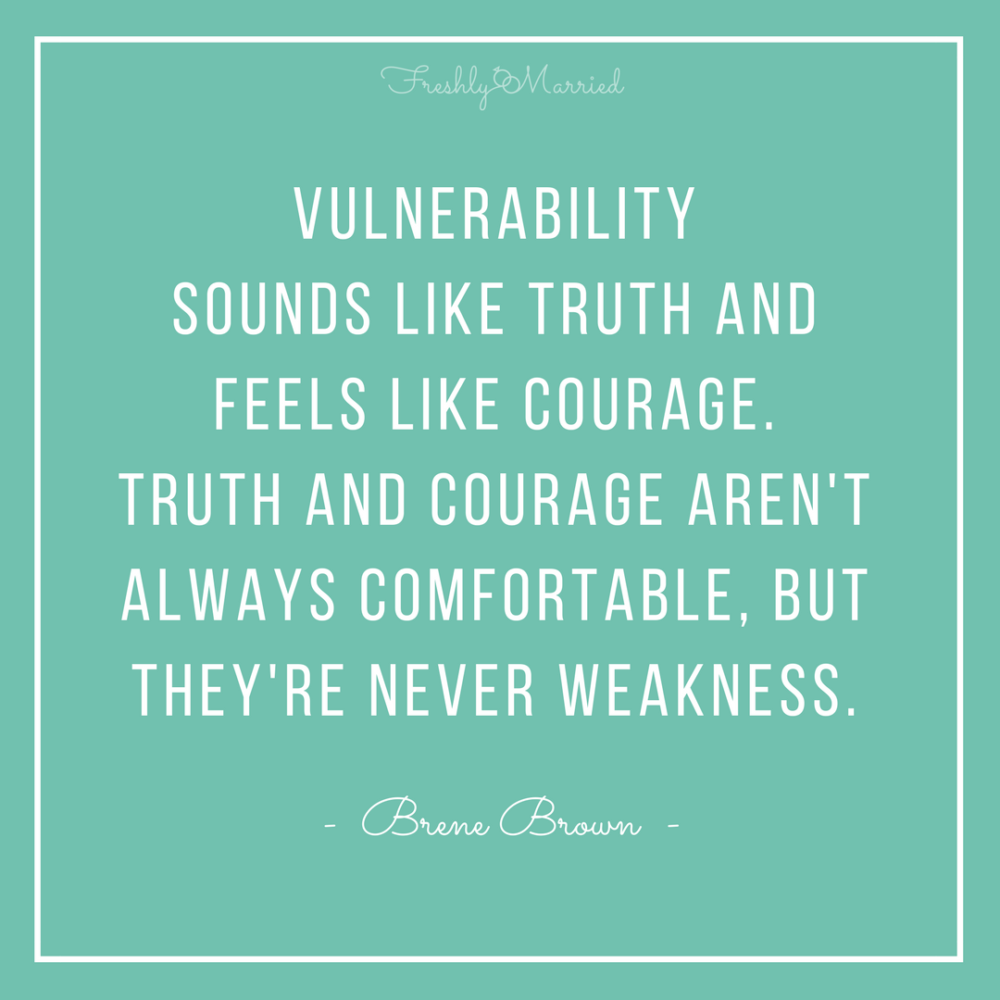3 Areas of Sexual Intimacy Problems
By Amy Miller
I don’t know any married couple that doesn’t struggle with sexual intimacy problems at SOME point in their marriage. While there are a variety of reasons why problems occur in this department, I believe there are three big areas that contribute to problems: safety, communication, and the influences around us.
SAFETY
In order to have a healthy sexual communication between you and your spouse, there needs to be strong feelings of safety in the marriage. That means each of you feels the following: physically safe to share your body, emotionally safe to be open and share your feelings, and lastly, feeling a sense of commitment, that you can count on each other.
PHYSICAL SAFETY
Many of you might be thinking, “Of course I feel SAFE with my spouse, they would never physically hurt me!” While that may be true, another concern of feeling physically safe is from pressure.
A spouse could feel various kinds of pressure: pressure to perform well, the pressure to mix things up, the pressure to make their body look attractive, or even the pressure of feeling like kissing has to always lead to sex. Keep in mind that sexual touches don’t always have to lead to sex. If you’re feeling pressure in this way, I encourage you to read another article, “When One Spouse Wants Sex More Than The Other.”
(If you are questioning your physical safety with your spouse, I encourage you to seek help. This website is a discreet resource that can help you wherever you are located.)
EMOTIONAL SAFETY
This means feeling safe enough to open up in your day to-do-day interactions, feeling like you can talk without fighting, while also feeling supported. I think it also can mean that you don’t feel intimidated or made fun of by your spouse. I think emotional safety is about feeling a sense of connection.
An emotionally safe relationship avoids the 4 dangerous behaviors of criticism, contempt, defensiveness, and stonewalling. Dr. John Gottman calls these “The Four Horsemen of the Apocalypse,” which I wrote an article on that you can read here.
COMMITMENT SAFETY
Sharing your body and heart with another human being is an incredibly vulnerable thing to do, whether it’s your first time, or if you’ve been having regular sex for years. And people don’t usually do vulnerable things for a person or situation that won’t stick around for long. We want that feeling of security, knowing that these personal aspects of who we are will be kept in caring hands.
Examples of not feeling much commitment in a marriage: when a spouse leaves the house every time there’s a fight when a spouse does not feel like a priority, and obvious ones: cheating has occurred.

Feeling safety in those three areas will put your relationship in a MUCH healthier place, which allows communication to open more.
COMMUNICATION
Let me start by saying that sex is not a quiet act; I mean that literally haha, and figuratively. A healthy sex life requires communication. Not just communicating preferences, insecurities, or problems, but also communicating about birth control or family planning. Because sexual intimacy is a vulnerable act in general, it can be even MORE vulnerable to talk about these topics with your partner.

Vulnerability is something that all humans face in all relationships. There’s groundwork that has to be done before feeling this kind of courage. It definitely starts with creating a safe space to allow talking to happen which hopefully you’ve already addressed from above. And then, I believe we can open the door further when we establish openness between us and our partners.
Relationship expert, John Van Epp, explained this concept, and of course, it’s acrostic so it’s easier to understand :)
O: observations and facts
P: perspectives and opinions
E: experiences and emotions
N: needs and relationship responses
In his book, “How to Avoid Falling in Love With a Jerk," Van Epp explains OPEN this way: The first three are what we talk the most about with our partner. These can be their thoughts and opinions on interactions with friends and coworkers, current events, and how their day went. But the last one (N) is much less talked about, yet so important! This one entails verbally expressing your desires and your partner responding to them. It’s a much more vulnerable thing to do, which I think is why it’s not talked about as often. But openness can’t be established unless you do this last one.
I think it requires just taking the plunge. I mean, how can your partner know your needs and desires if you’re not communicating that to them? A way to do this ESPECIALLY if it feels a little scary or awkward is to use the ABC Formula template.

INFLUENCES
I’ve talked a lot about this in the blog post: “Taking Responsibility for Your Sexuality,” but I’ll touch on it a bit here, as well. Any and all attitudes, teachings, experiences, and beliefs have the power to positively or negatively influence our sex lives.
Some examples:
- Religious teachings either by religious leaders or by parents. Sometimes the teachings can be extreme which then can cause extreme attitudes or beliefs. It’s also easy for us to adopt our parents’ attitudes towards sex because they were the primary example of a relationship.
- We can also be influenced by our own experiences or encounters with sex. Those experiences could have a range of emotions tied to them depending on if the encounter was good or bad. Some of the emotions could be pleasure, happy, curious, or even shame, hurt, or fear.
- Keep in mind that people who were sexually abused prior to their relationship with their spouse could have that trauma triggered again just by the way their spouse touches them, or the position they are in. I suggest seeking professional help for this or at the very least, explain to your spouse things they should avoid doing because of the painful reminder it can give you.
I could explain all day how much we can be influenced by our attitudes, beliefs, teachings, and experiences, but the whole point is to identify and work through the ones that are negatively influencing your sexual relationship with your spouse.

I believe that keeping these three areas in check will help you have a healthy sexual relationship with your spouse. And not just that, but it will keep you more deeply connected to each other emotionally, allowing your relationship to thrive in that way too.